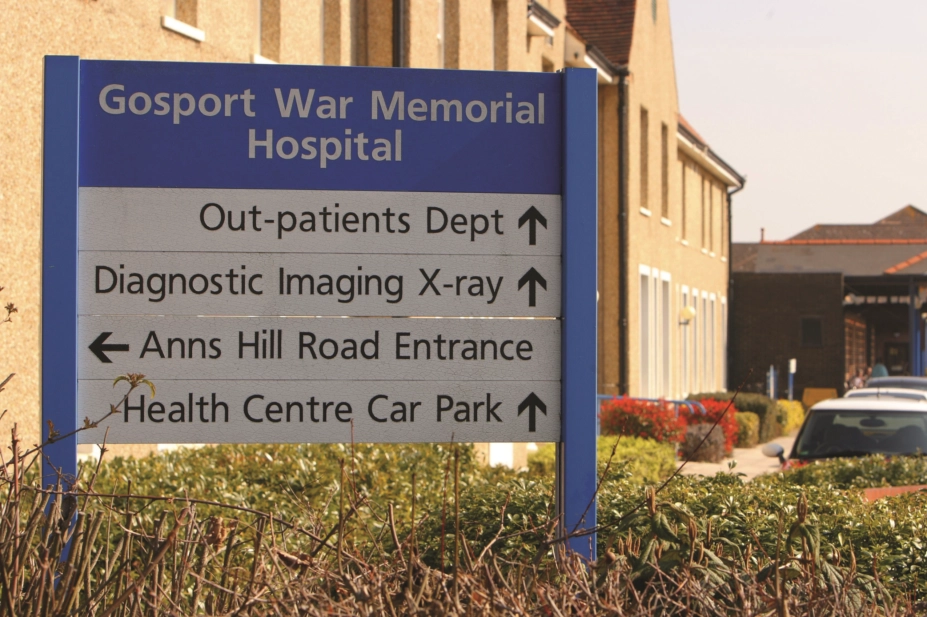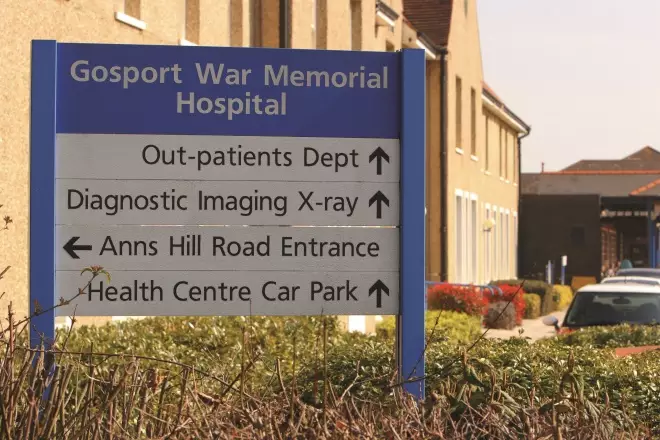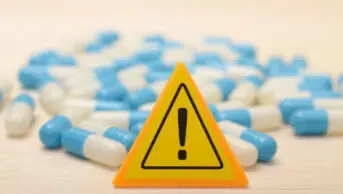
Chris Ison/PA Archive/PA Images

Source: Chris Ison/PA Wire/PA Images
Poor use of controlled drugs was central to the failures in care at Gosport War Memorial Hospital, the government response concludes
The General Pharmaceutical Council (GPhC) is working with other pharmacy organisations to consider what lessons can be learnt from the scandal at Gosport War Memorial Hospital in Hampshire, where at least 450 patients died between 1989 and 2000.
And NHS England will look at national guidelines that govern anticipatory prescribing — the practice where terminally ill patients are prescribed medicines “just in case” — which was used at Gosport for patients not admitted for terminal care.
NHS England has also been asked by the government to review the role of the NHS accountable controlled drugs officer — the individual with statutory responsibility for the safe management and use of controlled drugs within an organisation. That request follows government conclusions that “poor use of controlled drugs was central to the failures in care” at Gosport.
The move by NHS England follows recommendations in the government’s official response to the independent panel report into the Gosport scandal.
The response published on 21 November 2018 describes the patient deaths at Gosport as a “terrible and shameful episode in our history.”
The government report said what happened shows that “doctors, nurses, and leaders in healthcare — those we most want and need to trust — can fall away from acceptable standards of practice, with awful consequences for patients.”
The government said inspection and regulation were vital in identifying and outlawing poor or unsafe care “the best means of prevention lie in the hands of healthcare organisations and the people working in them.”
The government’s response to Gosport was welcomed by the GPhC. Its chief executive, Duncan Rudkin, said in a statement: “As an organisation we will now be carefully considering what this means for pharmacy regulation and our next steps.
“We are committed to working with the pharmacy representative bodies to develop a framework for pharmacy to assess what changes have already been made to help prevent a similar situation to that described in the panel report happening again and encourage discussion across pharmacy on any further actions that could be taken.”
The regulator originally considered the independent report into the Gosport tragedy at its council meeting in July 2018, to decide what lessons could be learnt.
The independent Gosport report revealed that there was no evidence that pharmacists and the Portsmouth Hospitals NHS Trust drugs and therapeutics committee had challenged prescribing practices at Gosport War Memorial Hospital.
The report also expressed concern over how anticipatory prescribing was adopted at Gosport and questioned the range of doses nurses were given the power to administer, and that anticipatory prescribing was used in cases where patients had been admitted for respite or rehabilitation — not terminal care.
The panel also found that opioids were used without appropriate clinical need; that patients were started on “inappropriately high doses of opioids”; and that the opioids were combined with other drugs in “high” doses.


